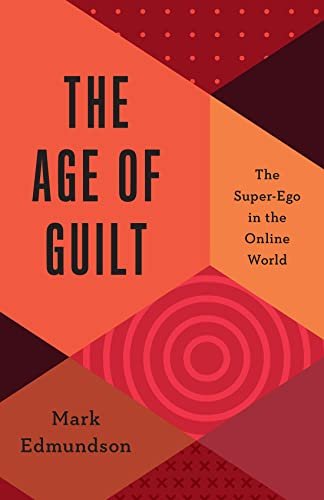

Most ebook files are in PDF format, so you can easily read them using various software such as Foxit Reader or directly on the Google Chrome browser.
Some ebook files are released by publishers in other formats such as .awz, .mobi, .epub, .fb2, etc. You may need to install specific software to read these formats on mobile/PC, such as Calibre.
Please read the tutorial at this link: https://ebookbell.com/faq
We offer FREE conversion to the popular formats you request; however, this may take some time. Therefore, right after payment, please email us, and we will try to provide the service as quickly as possible.
For some exceptional file formats or broken links (if any), please refrain from opening any disputes. Instead, email us first, and we will try to assist within a maximum of 6 hours.
EbookBell Team

4.1
70 reviewsHow Freud’s concept of the super-ego can help us to understand the harsh cultural climate of the digital age
Cancellation, scapegoating, raving on Twitter. How did the Internet, which began as a place for open thought and exchange, become a forum for cruelty and judgment? Can a whole culture become mentally ill? How do we understand and respond to this problem?
Mark Edmundson views contemporary culture and discourse through Freud’s concept of the super-ego, the moralistic and frequently irrational inner judge. The poet William Blake was attuned to this “dark pressure of self-condemnation,” and Nietzsche knew its power as well. One way to mitigate (temporarily) the self-judgment of the super-ego is to aim it outward instead, judging and even punishing others for supposed infractions. Naturally these targets fight back, resulting in a cascade of bitterness and even hatred. Edmundson traces the destructive passion of the super-ego on politics, race, gender, class, education, and more, drawing on psychological studies, classroom experience, and the work of Adam Phillips and Slavoj Žižek. Edmundson proposes ways to manage the super-ego and even to transform it into an affirmative power.
In The Age of Guilt , Edmundson renews the promise of Freudian theory as he explores our unique social moment with psychological insight, humanity, and erudition.